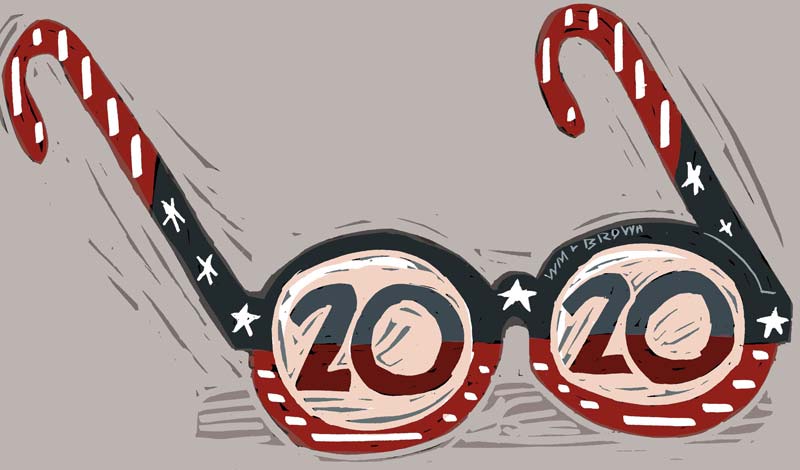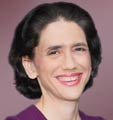
The coverage of Beto O'Rourke seems to alternate between reverential treatment and searing criticism. With their candidate's impressive 24-hour fundraising haul, O'Rourke defenders proclaimed themselves somehow vindicated - as if the wall-to-wall coverage was insufficiently flattering, and as if fundraising "proves" he is a leading contender. (Do they not recall Jeb Bush?)
Everyone - the media, Beto fans, Sen. Bernie Sanders, I-Vt., fans and fans of all other candidates - should take a deep breath. It's March for goodness sake, before a debate has been held and the first-quarter fundraising numbers are in. The most widely known and experienced candidate, former vice president Joe Biden, has yet to get into the race.
Political watchers and voters would be smart to keep several things in mind as they assess the status of the race.
First, a fraction of the Democratic primary voters, even in early states, are paying attention. The vast amount of coverage many obsess over now will be missed entirely or certainly forgotten by most primary voters. By the time they get around finally to picking a candidate, just about everything we see now will be irrelevant.
That brings us to a second point: Candidates can make a lot of mistakes right now. With so many people yet to tune in, they can test out stump speeches and bit. They have plenty of time to refine or even change their message, adjust their speaking style (if they are open to self-assessment) and alter their tone. Judging them now is like reviewing a Broadway show based on the first table read, when the script isn't final, no costumes or sets have been made, and the actors haven't yet settled on their accent.
Third, better candidates can improve over time by, among other things, developing better stump speeches, learning how to respond to a criticism about their record and figuring out what voters want to hear the candidates talk about. (The more events, the more practice a candidate can get in.) What is harder, if not impossible to acquire, is raw political talent, charisma and TV presence. That "it" factor generally exists or doesn't. That suggests it is easier for a candidate with star power (e.g., Sen. Kamala Harris, O'Rourke) to learn what they need than it is for a bland or boring candidate to take on a whole new personality.
Nevertheless, the candidates with "it" need the focus, capacity and determination to learn all the things they don't yet possess, be it policy know-how or familiarity with local issues.
In sum, candidates with the ability to learn and the stamina to run at a furious pace for an extended period of time have a built-in advantage. Observers have rightly pointed out that candidates without regular political jobs and plenty of energy can double or triple the number of campaign spots of some other contenders. (There's a reason that, just after O'Rourke's opening campaign blitz, Sen. Amy Klobuchar's campaign sent out an email boasting about "8 events in 6 towns in 36 hours.")
In early states, where showing up really is 90 percent of the game, their frequent presence is arguably more important than a 14-point plan on housing. If you really want to get a sense of where the race might go, assess the candidates' energy level, connectivity with voters and capacity for self-improvement.
Sign up for the daily JWR update. It's free. Just click here.
(COMMENT, BELOW)


 Contact The Editor
Contact The Editor
 Articles By This Author
Articles By This Author